Maternal Mental Health –Postpartum Depression & Baby Blues

Confessions of a Public Health Enthusiast
April 30, 2019
Let’s talk about it! Literally walking on edge!
May 6, 2019Before diving into this important and significant topic, I want to take a second to recognize all the women out there struggling with any form of maternal mental health disorder, do know that we understand, support, and are rooting for you! On a more personal note, after giving birth to my first child, I went through a period that I couldn’t explain what it was (it was baby blues!). I found myself sad, overwhelmed, and having mood swings. I had no idea what to do with a constantly crying infant after all, it didn’t come with a manual! It took a toll on me and my husband. It wasn’t a fun period, i.e. it lasted about 2 weeks but I came through with the help of loved ones. I know there are lots of women out there that can relate to my story! So, it is okay and therapeutic to share your stories!
As the World Health Organization indicated “worldwide about 10% of pregnant women and 13% of women who have just given birth experience a mental disorder, primarily depression. In developing countries this is even higher, i.e. 15.6% during pregnancy and 19.8% after child birth. In severe cases mothers’ suffering might be so severe that they may even commit suicide”.
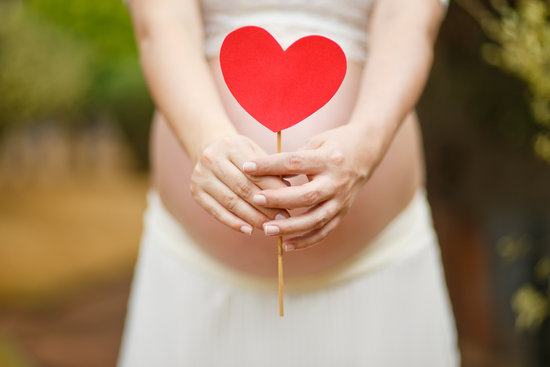
“Postpartum depression is a serious mental illness that involves the brain and affects your behavior and physical health” (Office of Women’s Health, OWH). According to the OWH, most women “get the “baby blues,” or feel sad or empty, within a few days of giving birth. For many women, the baby blues go away in 3 to 5 days. If your baby blues doesn’t go away or you feel sad, hopeless, or empty for longer than 2 weeks, you may have postpartum depression”. Also, “You might feel unconnected to your baby, as if you are not the baby’s mother, or you might not love or care for the baby. These feelings can be mild to severe” (OWH).
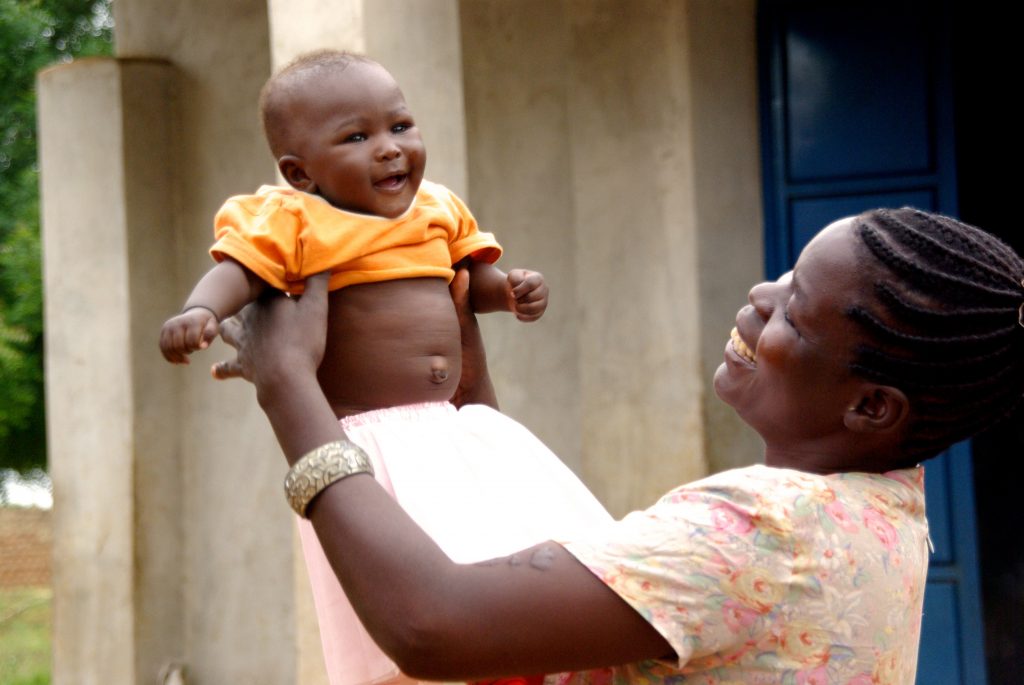
To all the husbands, uncles, men out there, I want you all to know that being a woman is not an easy task! During and after pregnancy, a woman’s mind and body goes through lots of changes that is beyond comprehension. Caring for and supporting women during and after pregnancy by loved ones is crucial! For instance, this can be done by listening, being physically and emotionally available and knowing all the signs and symptoms of maternal mental health disorder.
So, if you as a mother find yourself experiencing postpartum depression and/or ‘baby blues’, please, I urge you to seek help because according to WHO “maternal mental disorders are treatable. Effective interventions can be delivered even by well-trained non-specialist health providers”. Contact us for assistance.
Signs and Symptoms of Postpartum Depression?
- Feeling restless or moody
- Feeling sad, hopeless, or overwhelmed
- Crying a lot
- Having thoughts of hurting the baby
- Having thoughts of hurting yourself
- Not having any interest in the baby, not feeling connected to the baby, or feeling as if your baby is someone else’s baby
- Having no energy or motivation
- Feeling worthless, guilty, or like a bad mother
- Losing interest or pleasure in activities you used to enjoy
- Withdrawing from friends and family
- Having headaches, aches and pains, or stomach problems that don’t go away (Source: womenshealth.gov)
Contributing Factors to Postpartum Depression
- Hormonal changes
- Tired after labor and delivery
- Tired from a lack of sleep or broken sleep
- Overwhelmed with a new baby
- Doubts about their ability to be a good mother
- Stress from changes in work and home routines
- An unrealistic need to be a perfect mom
- Grief about loss of who they were before having the baby
- Less attractive
- A lack of free time (Source: womenshealth.gov)
Difference between ‘baby blues’ and postpartum depression
The “baby blues” lasts for about 3-5 days while the symptoms of postpartum depression last longer and more severe (DHHS). Some symptoms of “baby blues” are:
- Having mood swings
- Feeling sad, anxious, or overwhelmed
- Having crying spells
- Losing your appetite
- Having trouble sleeping (Source: womenshealth.gov)
What To Do, If You Have Symptoms of Postpartum Depression:
Call or have someone call your doctor, nurse, midwife, or pediatrician if:
- Your baby blues doesn’t go away after 2 weeks
- Symptoms of depression get more and more intense
- Symptoms of depression begin within 1 year of delivery and last more than 2 weeks
- It is difficult to work or get things done at home
- You cannot care for yourself or your baby (e.g., eating, sleeping, bathing)
- You have thoughts about hurting yourself or your baby (Source: womenshealth.gov)
Postpartum Depression Treatment
- Therapy
- Medicine
- Electroconvulsive therapy (ECT) (Used in extreme cases) (Source: womenshealth.gov)

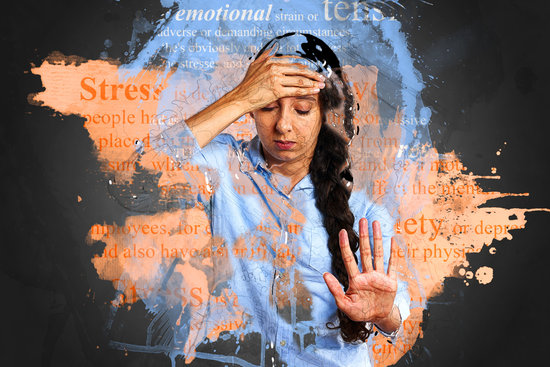
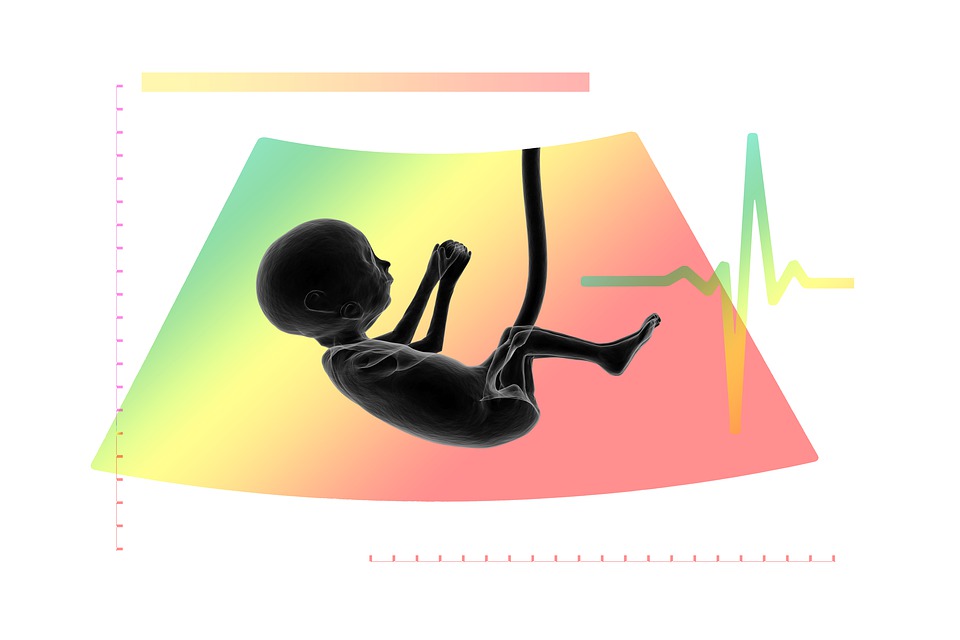
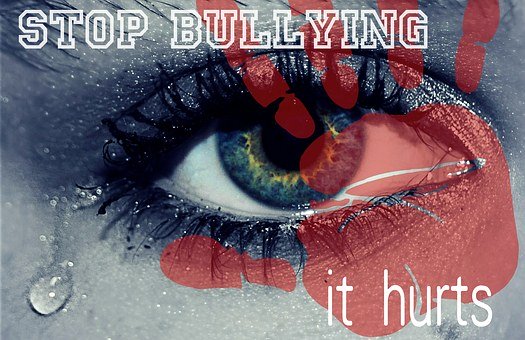
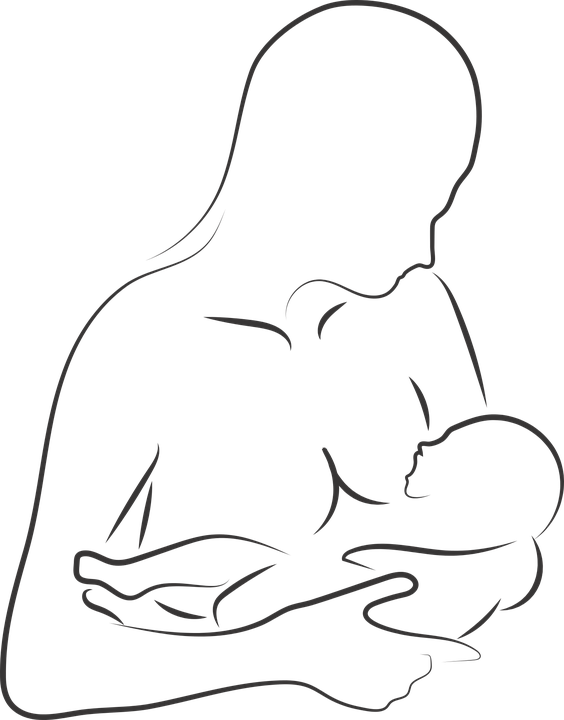
2 Comments
Thanks for sharing.
I’m Glad!